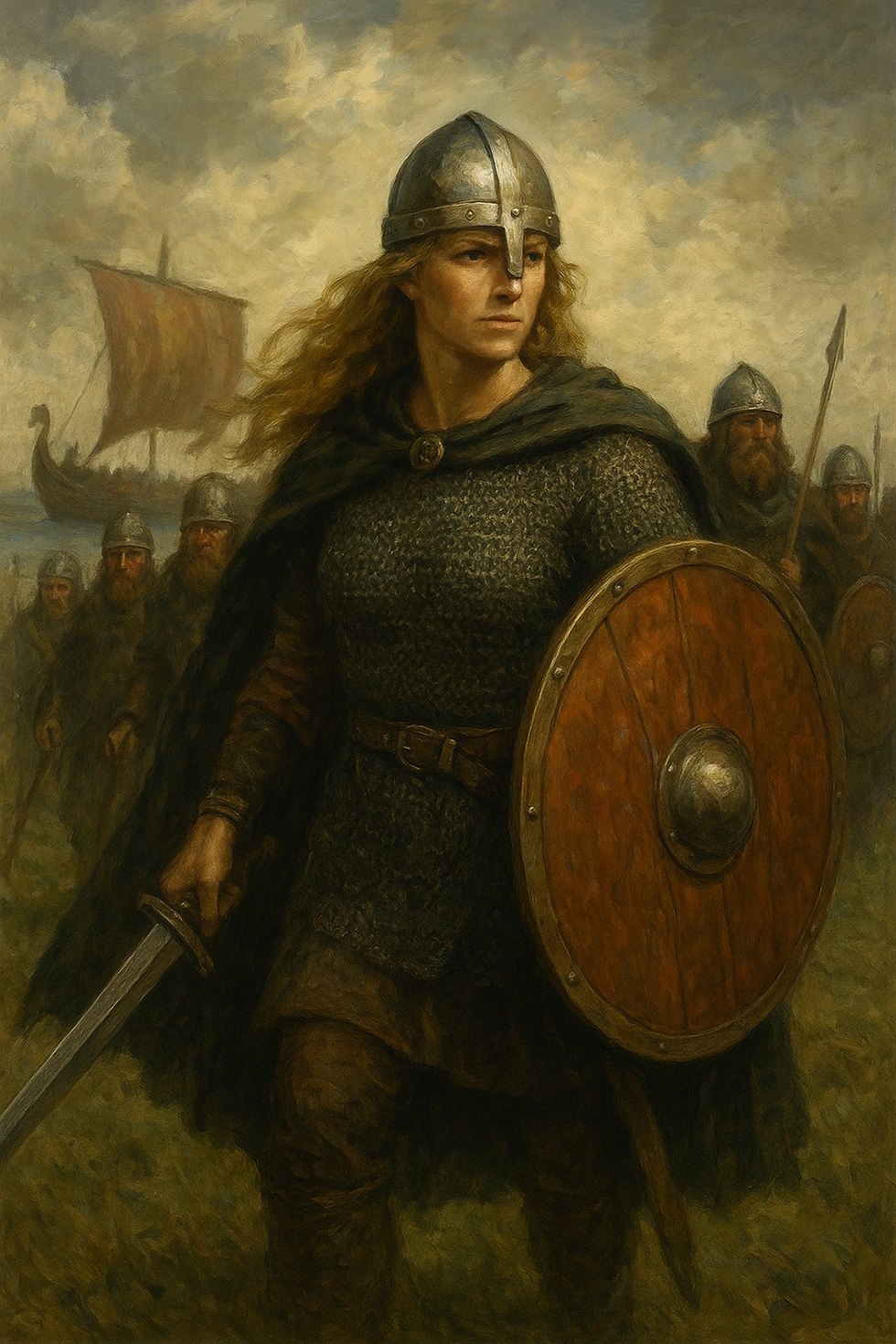Peter the Great and the Marquis of Pombal, builders of cities before the French Revolution
- correio_da_historia

- Sep 12
- 2 min read

Peter the Great and the Marquis of Pombal seem to belong to different worlds, yet they share a rare trait in the European history of the eighteenth century. Both travelled, both observed what their countries lacked, and both returned determined to build a city that would be more than a seat of government. Peter the Great toured Europe at the end of the seventeenth century, from London to Amsterdam, from naval shipyards to scientific laboratories. When he returned to Russia, he founded Saint Petersburg in 1703, a city born from the swamps of the Baltic, with canals and palaces inspired by Europe, a symbol of a modern Russia and of a new social order.
Sebastião José de Carvalho e Melo, the future Marquis of Pombal, also lived in London and Vienna and absorbed lessons of administrative discipline, economic rationalism and modern urban planning. When the earthquake of 1755 destroyed Lisbon, he used the catastrophe to raise a capital out of nothing, with wide streets, geometric squares and standardised buildings. The Pombaline downtown was born as a response to disaster but also as a political manifesto of centralised power and of an Enlightenment vision.
Saint Petersburg and the new Lisbon were cities created before the French Revolution according to ideas that anticipated the spirit of the Enlightenment. Peter forced nobles to cut their beards and adopt Western manners, Pombal imposed the supremacy of the State over the aristocracy and the clergy; both generated a social revolution that was not proclaimed as such but had profound effects. Few places in the world before 1789 embodied as strongly as these two cities the ambition to transform society through architecture and urban space.
Peter the Great, besides being a tsar, enjoyed living as a craftsman and mingling with workers. During his stay in Amsterdam he worked in shipyards in disguise, learning carpentry and shipbuilding techniques. He was a man of contrasts, capable of condemning his opponents with violence and at the same time becoming fascinated by the detail of a tool. His taste for practical knowledge shaped the very foundation of Saint Petersburg, which from the beginning hosted academies of sciences and artists from all over Europe.
The Marquis of Pombal shared this applied curiosity. He was the one who ordered the creation of one of the first organised fire brigades in Lisbon, a direct result of the lessons learned from the earthquake. He also created the capital’s first fire insurance system and applied earthquake-resistant construction standards that still impress today. Moreover, he had a clear sense of propaganda and knew that the reconstruction of the city had to show the world the strength of the Portuguese State. For this reason, he had maps, plans and reports circulated throughout Europe, turning Lisbon into a showcase of the modernity he himself idealised.
Paulo Freitas do Amaral
Professor, Historian and Author





Comments